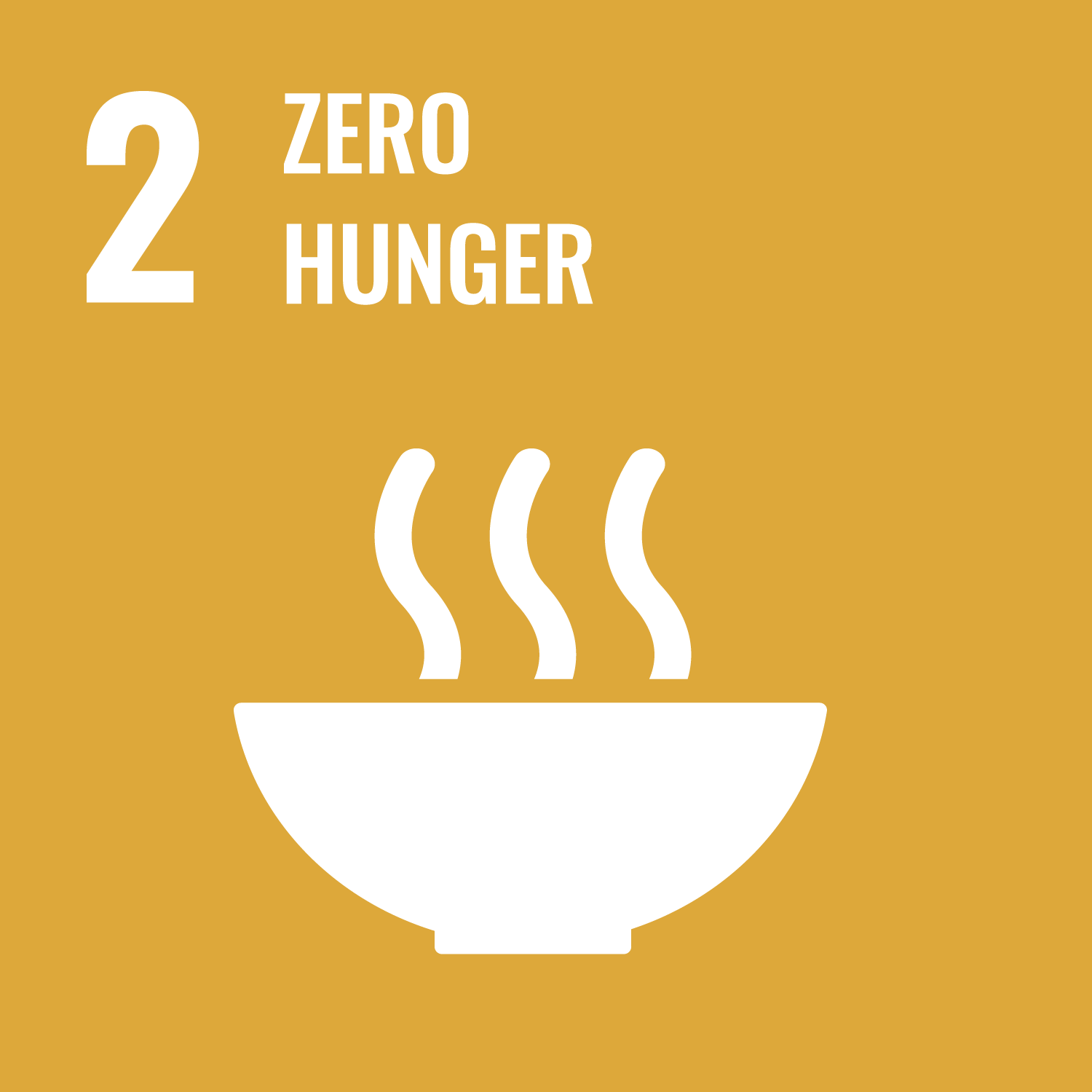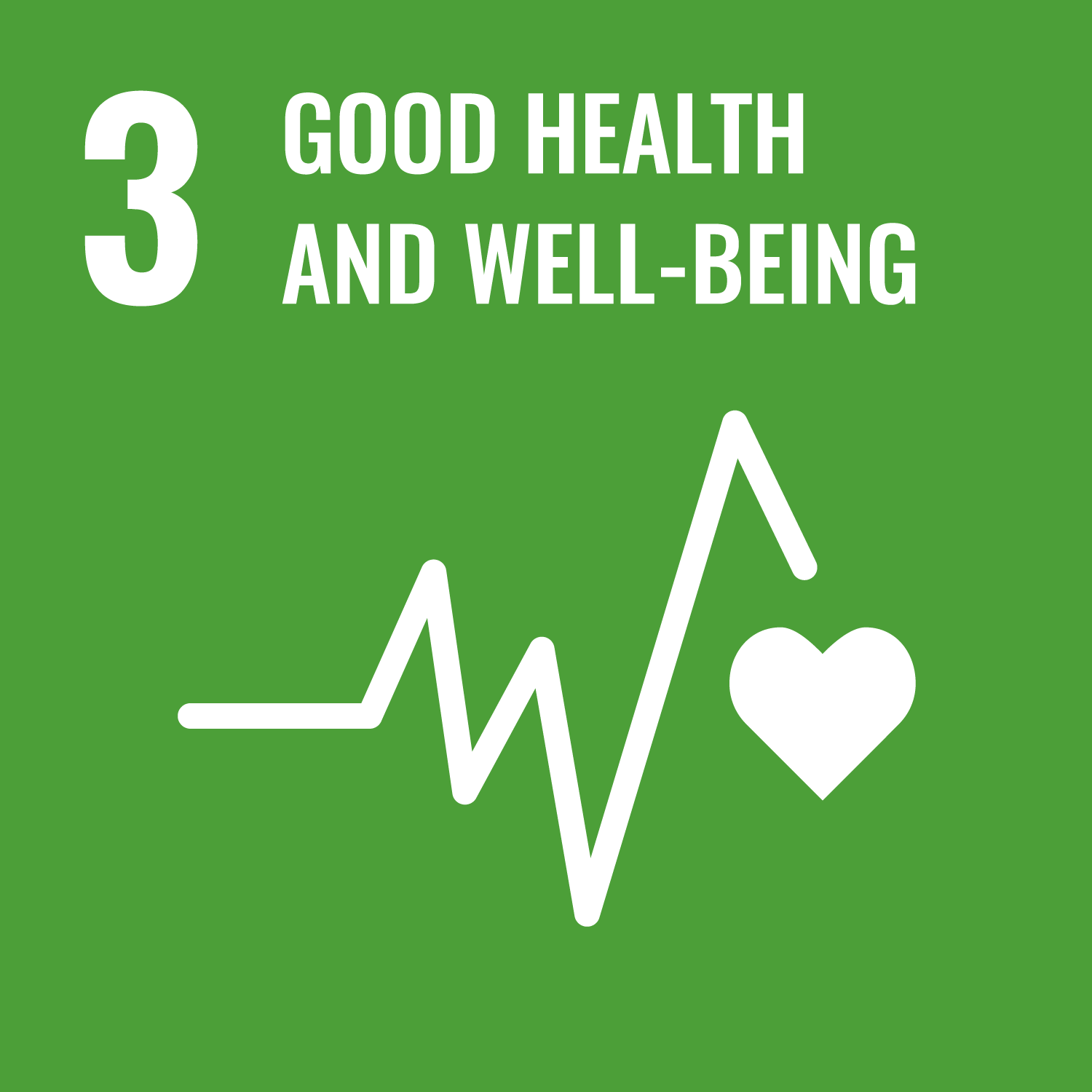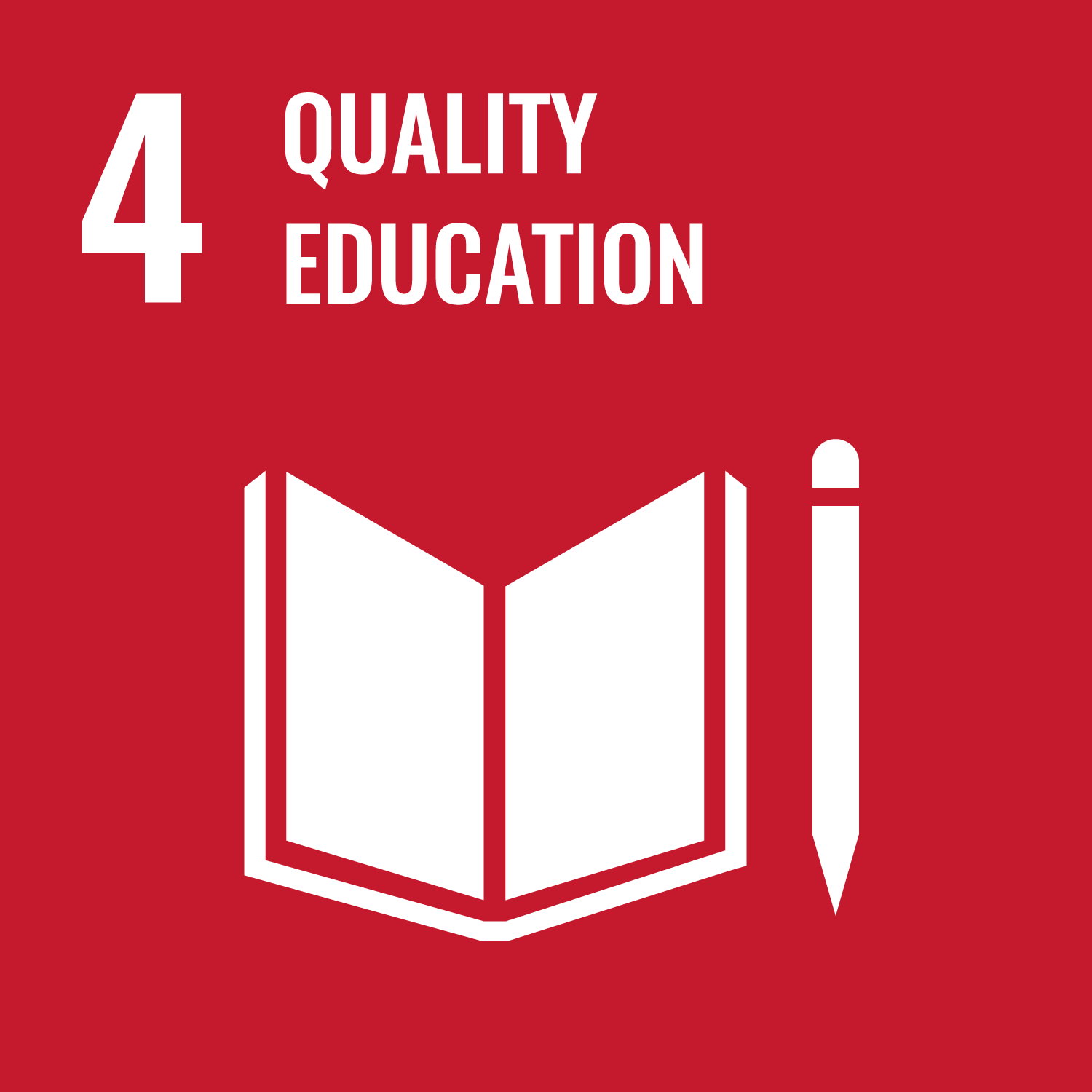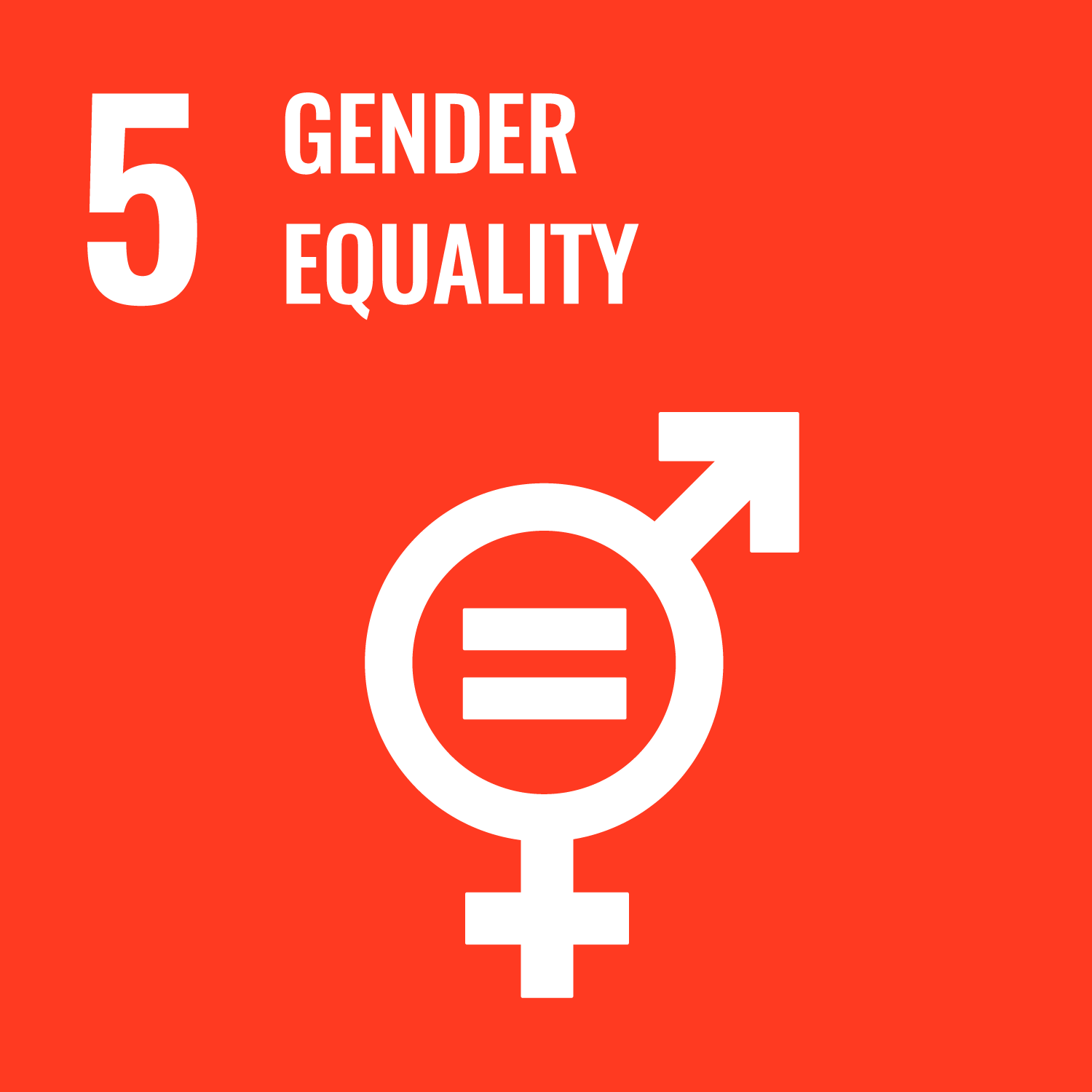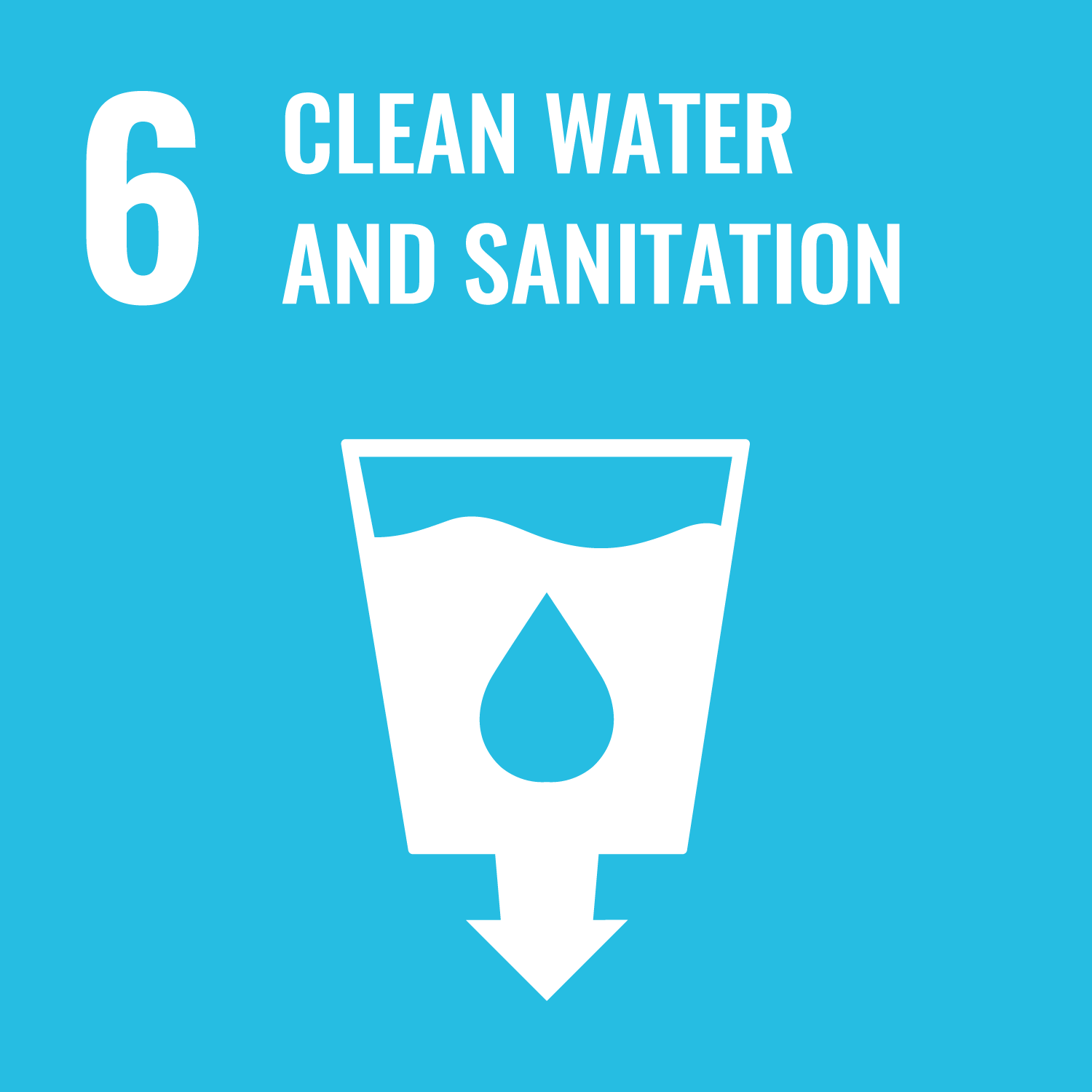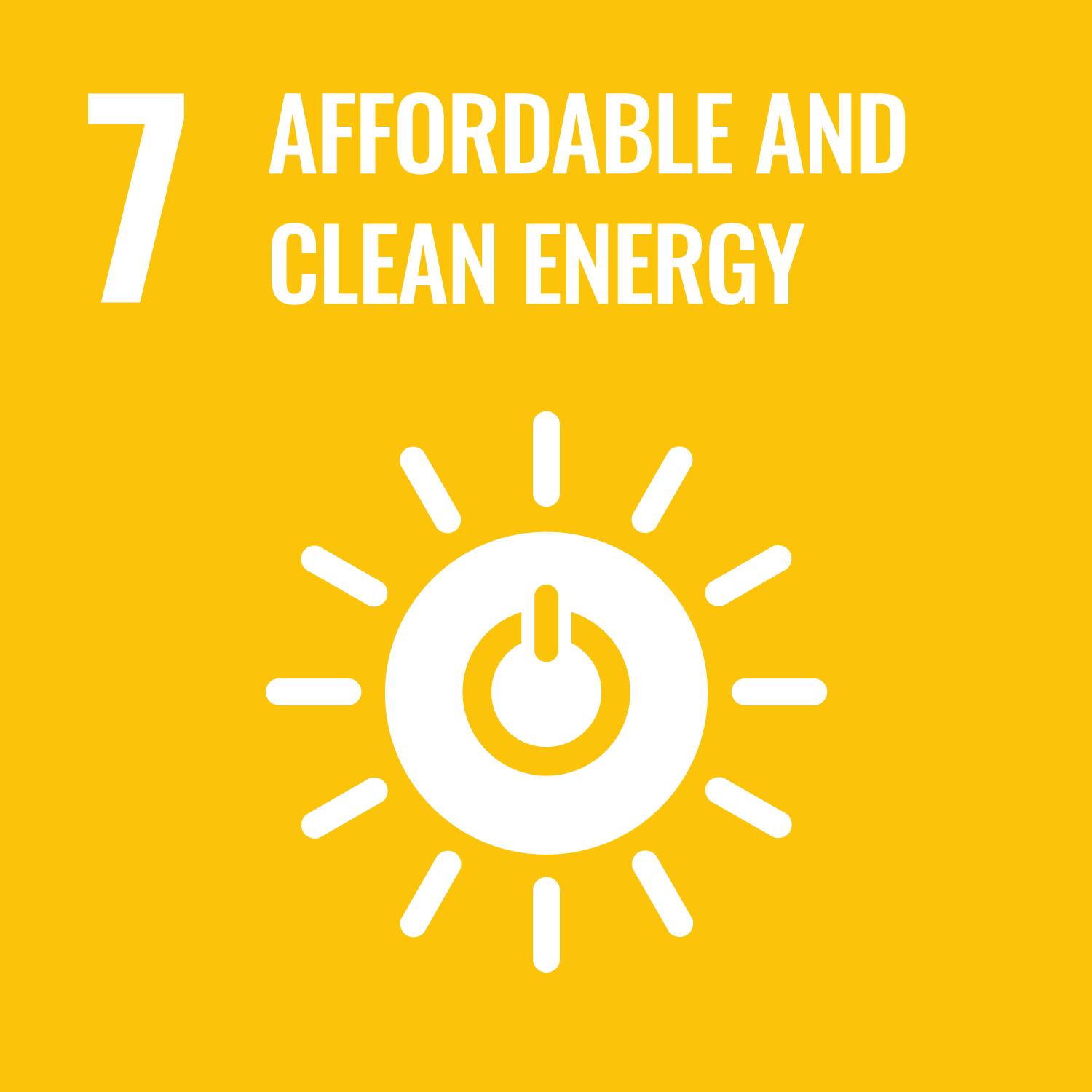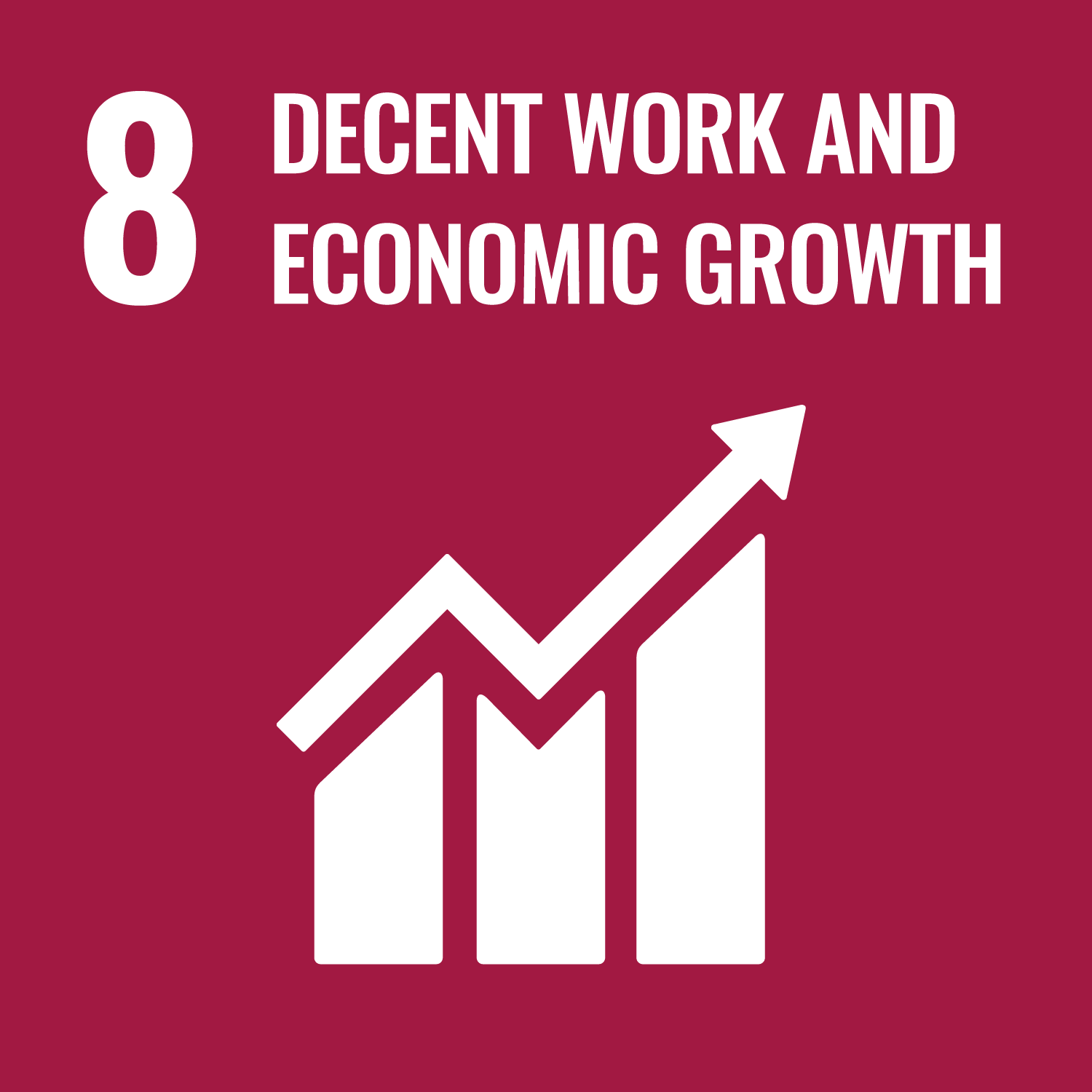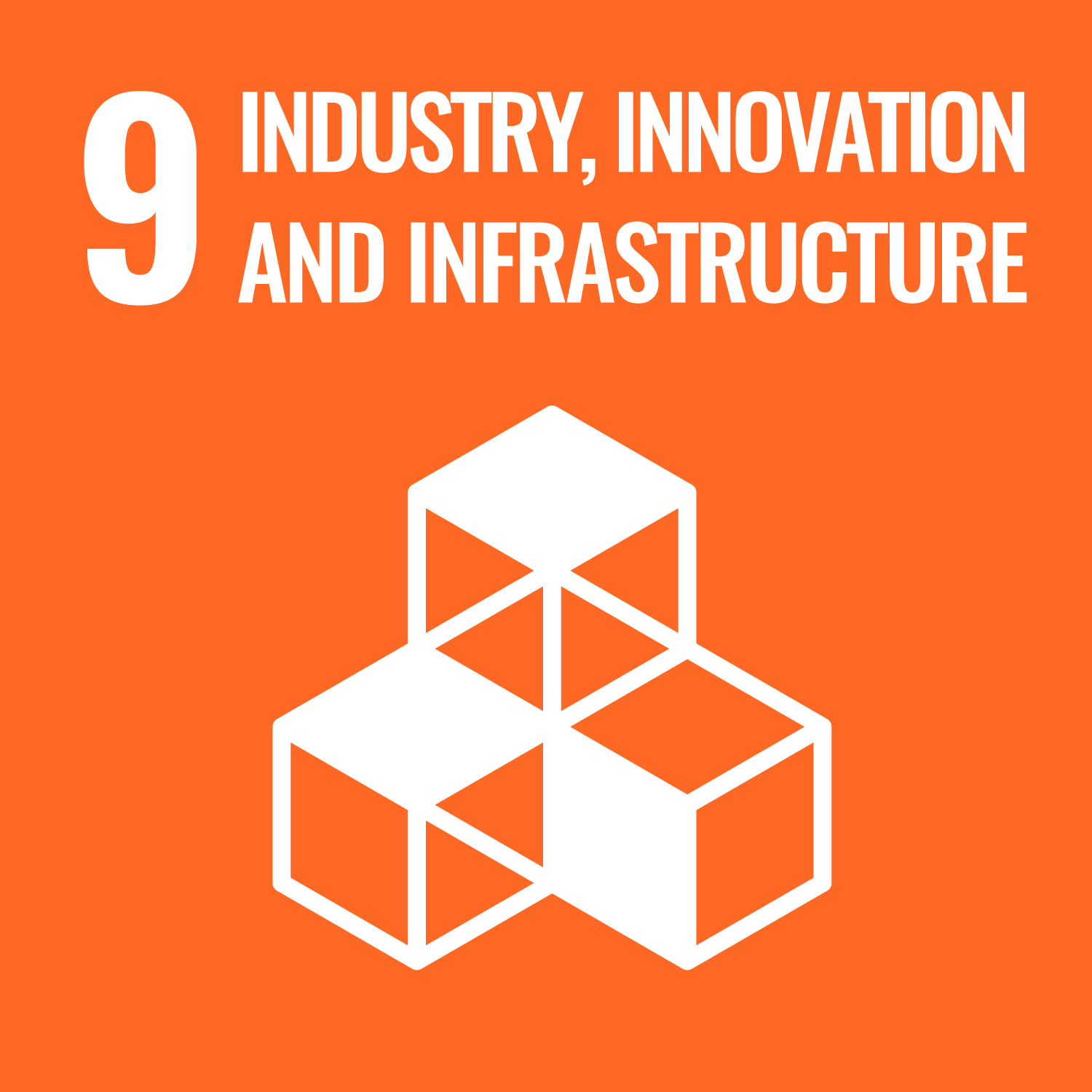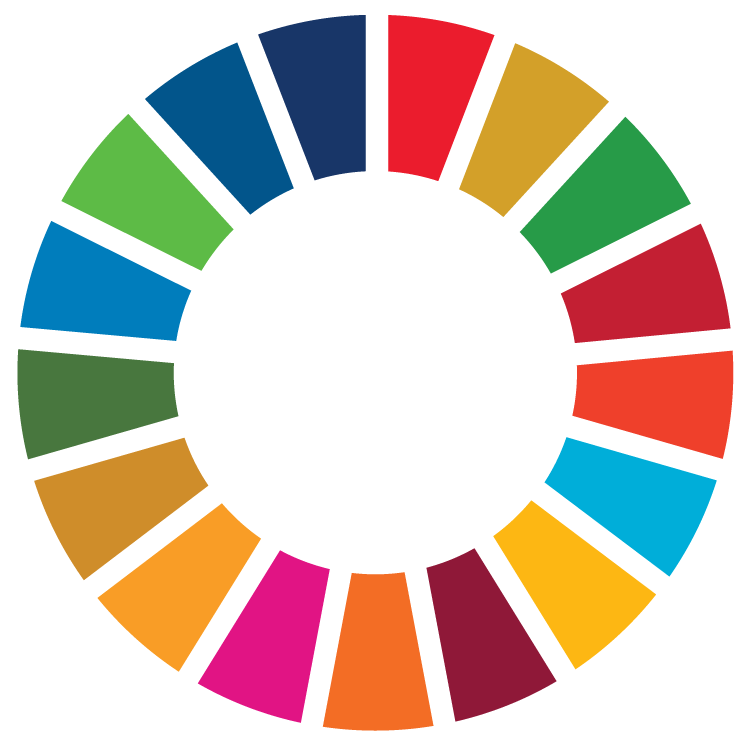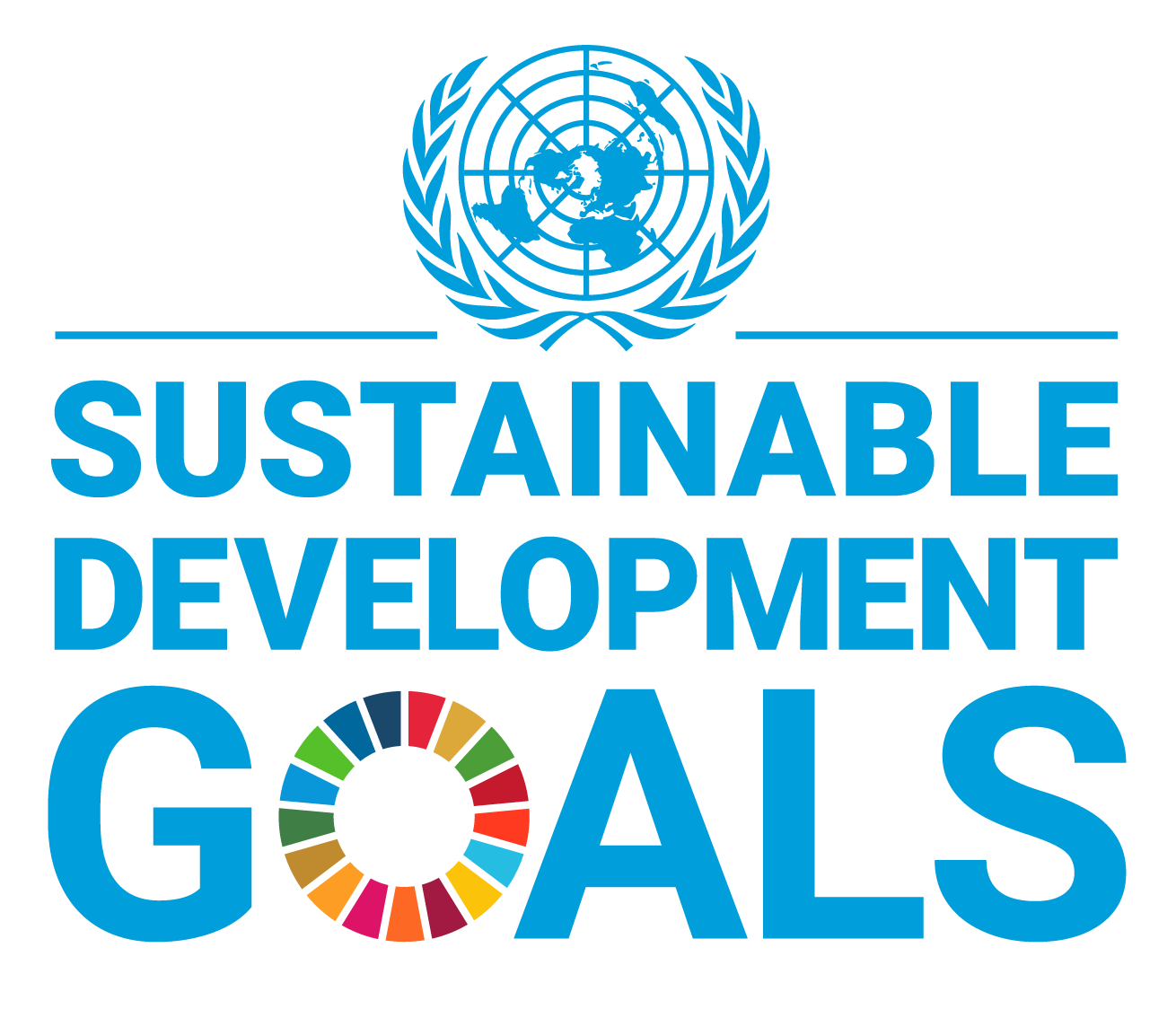- Beranda
- Tentang Kami
- Akademik
- Kemahasiswaan
- Riset
- Unit Layanan Fakultas
- LPPKM
- SDGs Initiatives
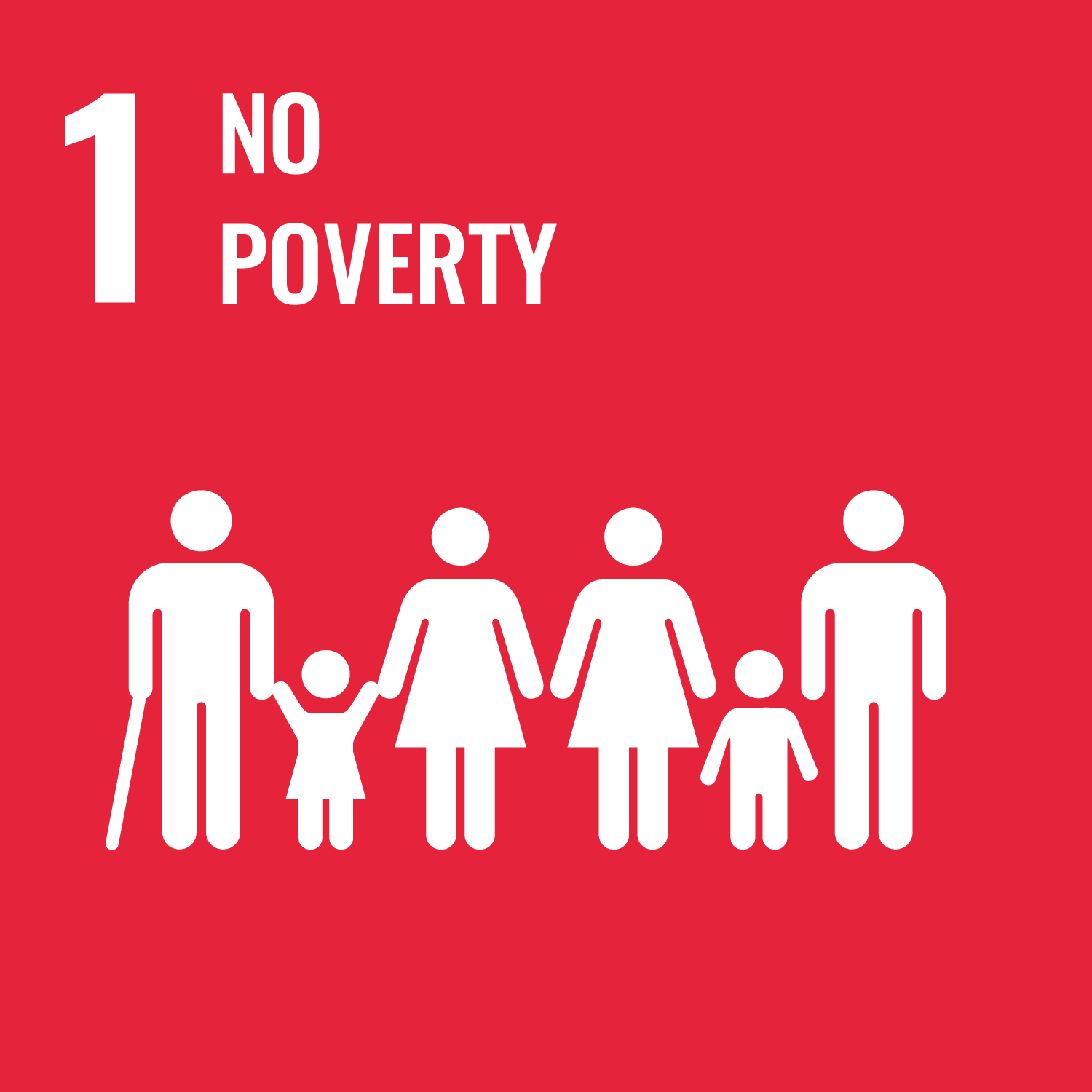

In 2023, the Faculty of Public Health, Universitas Indonesia admitted students who fall into the bottom 20% of the household income group in the country. Students who were admitted were financially supported by the Indonesian government through a program called Bidikmisi/KIP-K.
In 2023, 55 out of 208 students who come from low income families successfully graduated from college. Among those 55 students, 33 of them managed to graduate on time within 8 semesters.
For less fortunate students of Universitas Indonesia, the university provides paid student dormitories at affordable prices.
The Faculty of Public Health, Universitas Indonesia works with the Indonesian government through a program or initiative to assist students who fall into the bottom 20% of the household income group to successfully complete their studies.
Initially, the financial aid for underprivileged students to complete their studies was called Bidikmisi. However, starting from 2021 the program changed its name to Kartu Indonesia Pintar-Kuliah (KIP-K). The financing scheme is that students who are eligible to receive the financial aid will get their tuition fee paid every semester as well as receiving living costs/education support costs for a maximum of 8 semesters.
Aside from the Bidikmisi/KIP-K program, the faculty also provides the Afirmasi Pendidikan Tinggi (ADiK) scholarships for high school graduates from frontier, outermost, and disadvantages area, or indigenous Papuans in accordance with Law No. 21 of 2001 concerning Special Autonomy for Papua Province; or Children of Migrant Workers.
The Faculty of Public Health, Universitas Indonesia works with the Indonesian government through a program or initiative to assist students who fall into the bottom 20% of the household income group to successfully complete their studies.
Initially, the financial aid for underprivileged students to complete their studies was called Bidikmisi. However, starting from 2021 the program changed its name to Kartu Indonesia Pintar-Kuliah (KIP-K). The financing scheme is that students who are eligible to receive the financial aid will get their tuition fee paid every semester as well as receiving living costs/education support costs for a maximum of 8 semesters.
Aside from the Bidikmisi/KIP-K program, the faculty also provides the Afirmasi Pendidikan Tinggi (ADiK) scholarships for high school graduates from frontier, outermost, and disadvantages area, or indigenous Papuans in accordance with Law No. 21 of 2001 concerning Special Autonomy for Papua Province; or Children of Migrant Workers.
The Faculty of Public Health, Universitas Indonesia has a program called Posbindu Griseta which collaborates with health agencies such as the health department or hospitals. This program aims to increase health awareness and knowledge, especially regarding non-communicable diseases. The main activity of the Posbindu is a simple health check followed by health outreach in seminars and talk shows as well as health consultations.
The Faculty of Public Health, Universitas Indonesia has two policies addressing poverty at national and global level.
The first one is the Policy Brief called “Additional Benefits of Multiple Micronutrient Supplements (MMS) for Pregnant Women Compared with Iron and Folic Acid Supplementation (Blood Increasing Tablets).
The second one is also a Policy Brief, called “Multiple Micronutrient Supplementation (MMS) for Pregnant Women: Policy Implications of the Asia Regional Meeting”.

